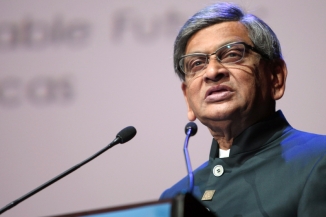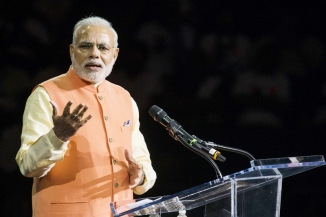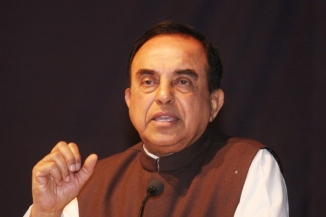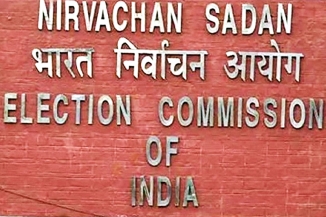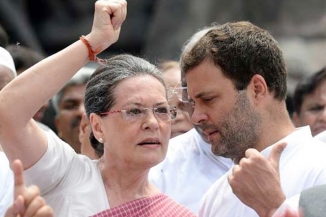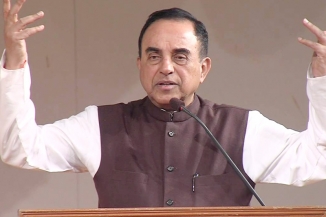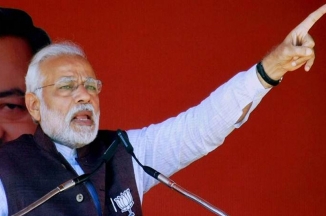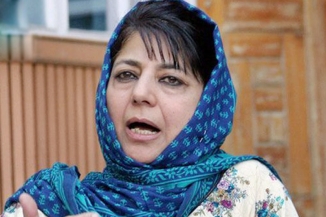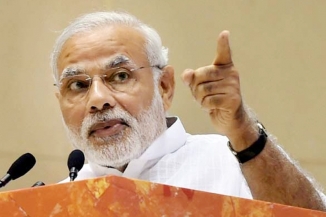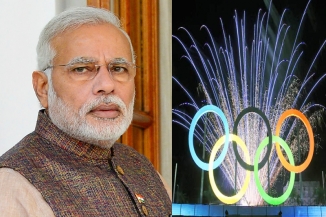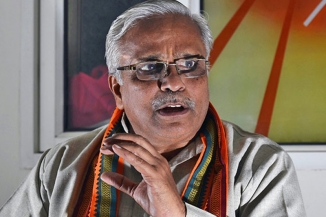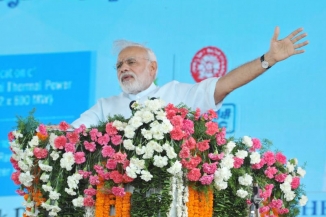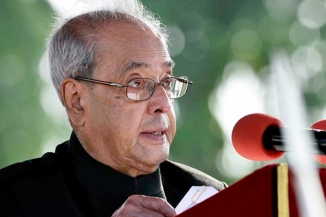
Parliament has approved India's biggest overhaul of indirect taxes after the Lok Sabha ratified a constitutional amendment. Prime Minister Narendra Modi called it a major step to make doing business easier.
"Today, an important move to free the nation from tax terrorism has begun," Modi told lawmakers in the Lok Sabha. Modi hailed the passage of the bill as a "great step by team India, as a great step towards transformation, great steps towards transparency".
"Lots of flaws have been overcome as far as the GST is concerned," he said. "A trust between the centre and states has developed."
"The completion of the Parliamentary processes for the amendment of the Constitution to enable GST introduction signifies the completion of a long process and the beginning of a period when corporates need to gear up and prepare for the opportunities and challenges of the new tax regime," said MS Mani, senior director, Deloitte Haskins & Sells LLP.
The US has welcomed the passage of the landmark Goods and Services Tax (GST) bill, saying that it would have far-reaching benefits for expanding bilateral trade and investment partnership with India. “We welcome the passage of the landmark Goods and Services Tax (GST) Bill,” State Department spokesperson Elizabeth Trudeau said.
It “has potentially far-reaching benefits for the Indian economy and our expanding bilateral trade and investment partnership with India, including greater efficiencies and predictability in its tax regime”, Trudeau said.
The US Ambassador to India Richard Verma congratulated the Prime Minister and Parliament on passage of the GST bill. It is “an important reform and boost to growth in India”.
“Passing the Goods & Services Tax bill is one of the biggest tax reforms ever in India,” said Puneet Manchanda, professor of marketing at the Ross School of Business at University of Michigan. “It has the potential, after an initial period of procedural development, to accelerate the economy’s growth significantly,” he said.
“This should be seen as a win for economics over politics, a very refreshing change from the norm. This could very well be a defining economic moment for the Modi government,” Manchanda said.
“The enactment of the GST in India heralds one of the most significant post-Independence reforms making doing business in India easier and facilitating the easier flow of goods and services across states,” said Vikramaditya Khanna, professor at University of Michigan Law School. “Estimates are that it is likely to increase GDP by up to 2 per cent in India, which is already one of the fastest growing economies in the world,” he said.
“Passage of the GST bill is a huge boost to Prime Minister Narendra Modi’s credibility as a reformer and as a manager of Parliament. Introduction of the GST will likely prove to be a solid boost to the economy—below the estimates of the original ‘dream GST’ but certainly an improvement over the existing method of taxation,” said Richard M Rossow, the Wadhwani Chair in US-India Policy Studies at the Centre for Strategic and International Studies.
By Premji



